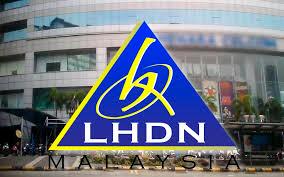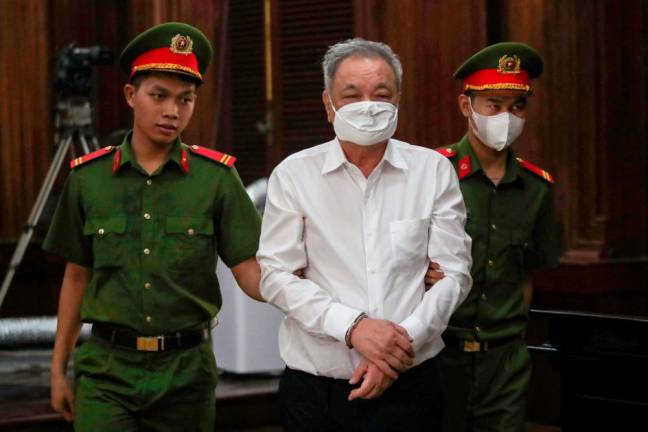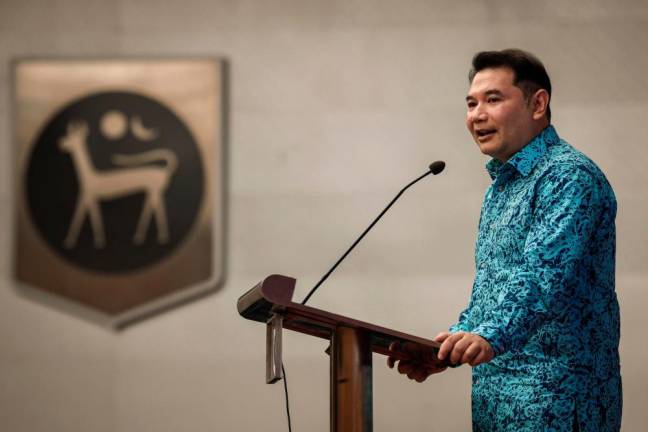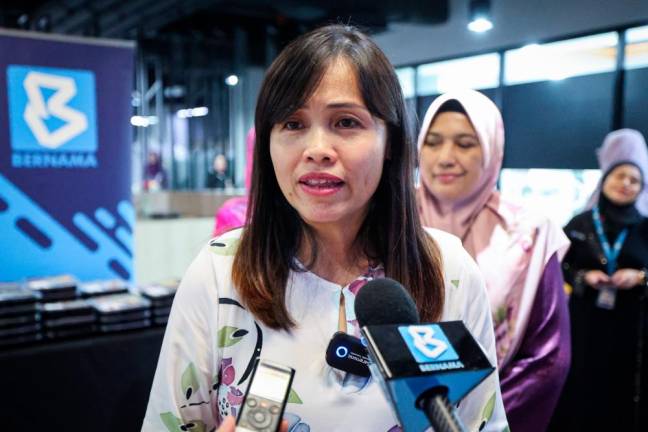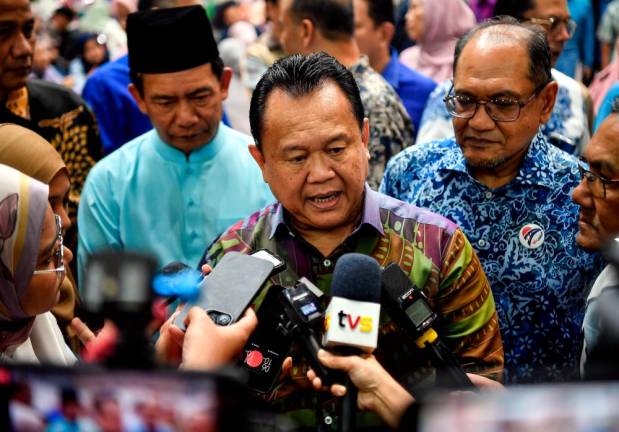THE taxation of gifts came into limelight when the issue of the RM2.6 billion political donation received from the previous prime minister, Datuk Seri Najib Abdul Razak, was questioned by Tun Dr Mahathir Mohamad in 2016. At that time, the Inland Revenue Board (IRB) took the view that political donations were not taxable. Subsequently, in 2019, they reversed their position and brought it to tax.
This change of mind by the IRB has left taxpayers in an uncertain environment. Currently, whenever the matters of gifts are raised, the burden of proving that the gift is not taxable is far more onerous on the taxpayer.
Definition
The word “Gift” is not defined in the Income Tax Act 1967. Gift generally means “a voluntary transfer of money or property without any consideration” or “a personal gift or testimonial given gratuitously without expecting anything in return”.
Taxability of gifts
When a gift is given voluntarily on personal grounds, and is unconnected to an employment, business transaction or any profit-related venture, it will not be taxable. Normally gifts are given between family members out of love and affection or transferring wealth as part of their succession plan. You can also receive gifts from friends and non-family members on the grounds of kindness, compassion and goodwill generated over the years. In such situations, the gifts are not taxable.
In the current tax environment, you must be able to prove the gift was voluntarily given, and this will require you to disclose the donor’s name. It is best to obtain a letter from the donor clearly indicating the reason for the gift and it was given without any expectation in return. In the event the recipient is an employee and the donor is the employer, the nature and reasons for the payment should be clearly stated and the record should be retained by both the donor and the recipient.
There are specific exemptions under Schedule 6 of the Income Tax Act 1967 for certain gifts and two important ones are long service awards (limited to RM2,000 for each year of assessment provided the employee has been with the same employer for more than 10 years) and gratuity on retirement from employment (upon reaching the age of 55 or due to ill health).
When does a problem arise?
The taxability of gifts usually surfaces when the tax authorities ask either the donor or the recipient for capital statements to determine whether there is any undisclosed income. Very often, taxpayers do not have correspondence or documentation to evidence the gift. Oral explanations by one party to the IRB are generally not acceptable. When only one party provides the explanation, there is suspicion that the taxpayer is attempting to conceal income.
In practice, if the taxpayer claims that deposits into their bank accounts are gifts, they must have documentary evidence to substantiate such entries, without which, the IRB will bring it in as undisclosed income. In such instances, the donor needs to surface and confirm providing the gift.
There are many types of voluntary payments such as collections voluntarily made by employees to be given to fellow employees or gifts in kinds provided by friends and relatives or even third parties in appreciation of the public services provided by the individuals voluntarily should not be taxable. Currently, donating money to the frontliners for the hard work they do in battling the Covid crisis will not be taxable.
Final advice: It is best to document the intention behind the gifts and for the donor to be prepared to disclose the source of funds.
This article is contributed by Thannees Tax Consulting Services Sdn Bhd managing director SM Thanneermalai.



